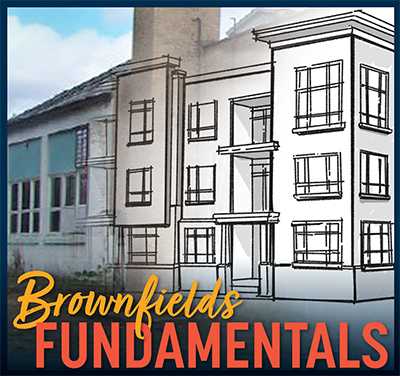The Wisconsin Department of Natural Resources (DNR) updated the hourly oversight fee for review of technical documents submitted through the Voluntary Party Liability Exemption (VPLE) program. The DNR must calculate the hourly billing rate each year (Wis. Admin. Code § NR 750.07(2)). The new hourly rate is $125, an increase from the previous rate of $115 per hour. The new rate took effect on July 1, 2024.
The VPLE program supports voluntary parties who conduct an environmental investigation and cleanup of a brownfield property in exchange for an exemption from future environmental liability for historical contamination.
The DNR also recently made the VPLE insurance fee schedule available on the VPLE webpage. Insurance is required for VPLE sites where natural attenuation is used to restore groundwater quality to meet enforcement standards (Wis. Stat. § 292.15(2)(ae)(3m)). The insurance fees for sites in the VPLE program have not changed and are in effect until May 15, 2027. Insurance coverage is through a policy with Ironshore Specialty Insurance Company.
Any questions about the insurance requirements should be directed to Michael Prager at 608-261-4927 or Michael.Prager@wisconsin.gov.

